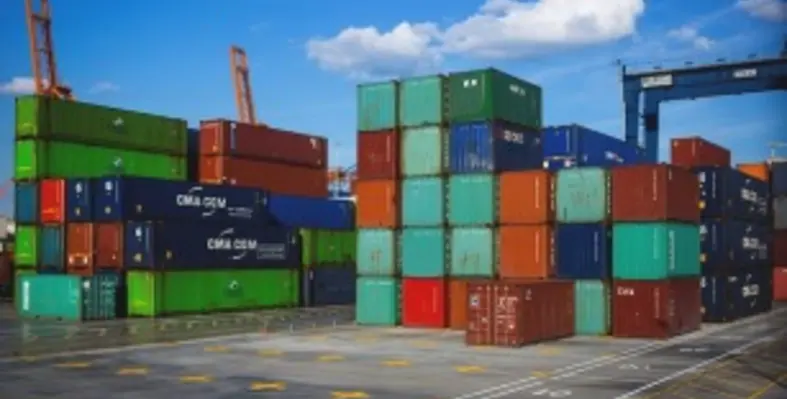WTS Dhruva Consultants, a tax advisory firm with presence in the UAE, Saudi Arabia and Bahrain, has published a guide on the VAT implications on shipping and logistics sector for logistics businesses
WTS Dhruva Consultants, a part of Dhruva Advisors, India's tax firm, has been working closely with companies across the GCC region and assisted in VAT implementation, VAT compliance automation support, VAT structuring, litigation support and more.
As VAT regulations are evolving across the region, it is imperative for businesses to align the business processes with the tax position. It is equally important for the business to re-evaluate the tax positions taken at the time of this implementation, as the same could undergo a sea change considering the regular publication of VAT guides and clarifications issued by the relevant tax authorities.
The re-evaluation may have an impact on the previously submitted VAT returns and the exposure to the penalty may persevere, according to the company.
The guide has addressed the VAT treatment on different reimbursable expenses incurred at the port by the shipping lines, freight forwarders, agents etc.
?It is a very important VAT guide for the shipping and logistics sector within the UAE. It has touched upon all the important VAT treatments such as the movement of goods, different charges levied by the vessel operator, shipping lines and container operator, freight forwarders, agents, etc,? said Pratik Shah, partner at WTS Dhruva Consultants.
The other important issues discussed are VAT treatment on vessel sharing arrangement agreed between the vessel operators and VAT treatment on administrative, penal charges etc levied by a freight forwarder to the customers.
Sunny Kachalia, principal at WTS Dhruva Consultants, commented, ?It is worthwhile to understand and evaluate whether companies can apply a blanket zero-rating for inbound or outbound transportation or are there any exceptions to the rule.?
?Inevitably, while there will be exceptions, some of the charges typically applied by logistics companies could continue to be taxable at five per cent,? Kachalia and Shah agreed.







